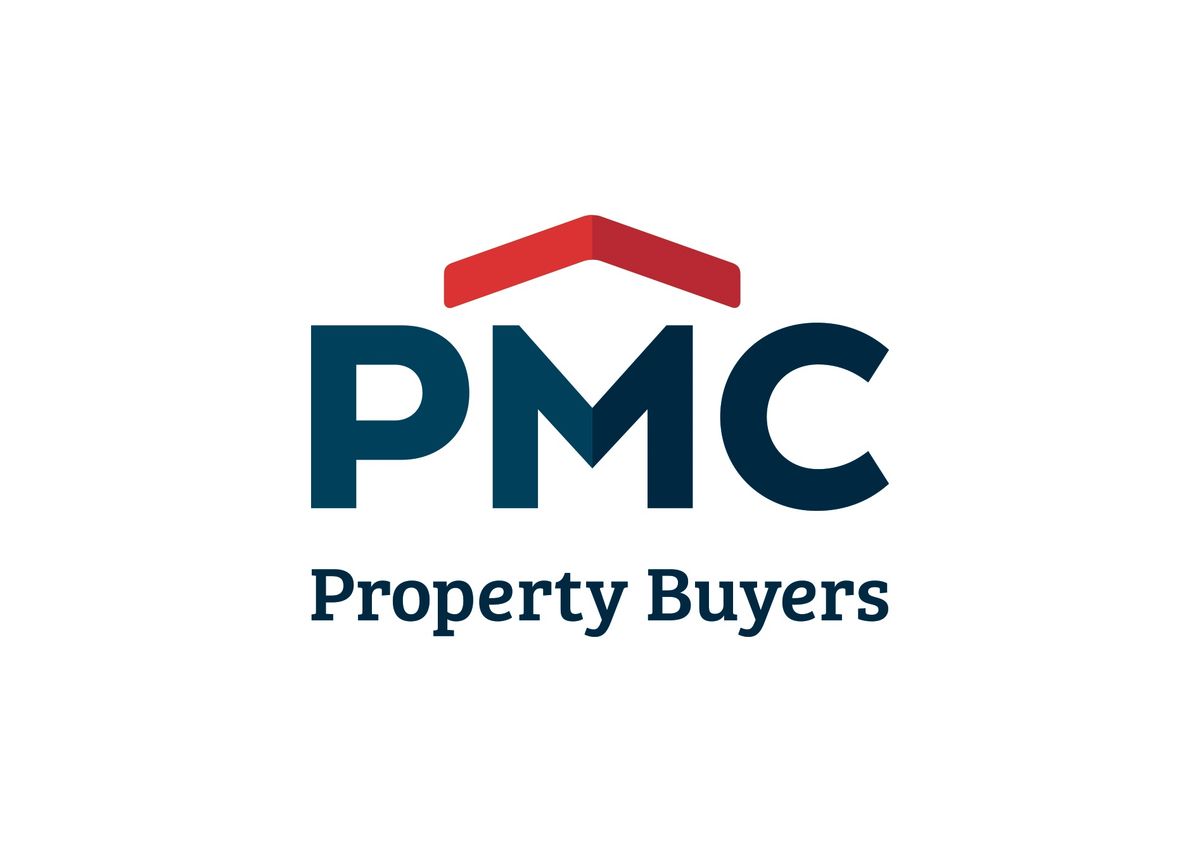The Australian property market offers a diverse range of options for buyers, each with its own unique characteristics, benefits, and challenges. Whether you're looking to establish a business, find your dream home, build wealth through investment, or embrace a rural lifestyle, understanding the different property types is essential for making informed decisions. This guide explores four major property categories in the Australian market: commercial, owner-occupier, investment, and rural properties.
Commercial Properties
Commercial properties are designed for business operations rather than residential living. These include office buildings, retail spaces, warehouses, industrial facilities, and mixed-use developments.
Advantages of Commercial Properties
- Higher Rental Yields: Commercial properties typically offer rental yields of 5-10%, compared to 3-4% for residential properties.
- Longer Lease Terms: Commercial leases often span 3-10 years, providing more stable income streams than residential properties.
- Triple Net Leases: Many commercial agreements require tenants to cover property taxes, insurance, and maintenance costs.
- Less Emotional Tenant Relationships: Business relationships tend to be more professional and less emotionally charged than residential tenancies.
- Potential for Business Growth: Owning your business premises can provide stability and asset appreciation for business owners.
Challenges of Commercial Properties
- Higher Initial Investment: Commercial properties generally require larger capital outlays.
- More Complex Financing: Lenders typically require larger deposits (30-50%) and offer shorter loan terms.
- Vacancy Risk: Finding new tenants can take longer, potentially resulting in extended income gaps.
- Market Sensitivity: Commercial properties can be more vulnerable to economic downturns.
- Specialized Knowledge Required: Understanding zoning laws, business needs, and commercial lease structures requires specific expertise.
If you're considering a commercial property purchase, working with a specialized buyer agent who understands the commercial market is highly recommended.
Owner-Occupier Properties
Owner-occupier properties are purchased primarily as a primary residence rather than for investment purposes. These include houses, townhouses, apartments, and units that the buyer intends to live in.
Advantages of Owner-Occupier Properties
- Emotional Satisfaction: Creating a home that reflects your lifestyle and preferences.
- Financial Benefits: Potential for capital growth without capital gains tax on your primary residence.
- Stability and Security: Freedom from landlord decisions and rent increases.
- Customization Options: Ability to renovate and modify the property to suit your needs.
- Forced Savings: Mortgage payments build equity over time, creating wealth through property ownership.
Challenges of Owner-Occupier Properties
- Financial Commitment: Significant upfront costs including deposit, stamp duty, and legal fees.
- Maintenance Responsibility: All repair and maintenance costs fall to the owner.
- Reduced Mobility: More difficult to relocate for career opportunities or lifestyle changes.
- Market Risk: Potential for negative equity if property values decline.
- Opportunity Cost: Capital tied up in your home could potentially generate higher returns elsewhere.
Finding the perfect home requires understanding your long-term needs and financial situation. A buyer agent specializing in owner-occupier properties can help you navigate these considerations.
Investment Properties
Investment properties are purchased primarily to generate income through rental returns and/or capital appreciation. These can include residential, commercial, or mixed-use properties bought specifically as wealth-building assets.
Advantages of Investment Properties
- Wealth Creation: Potential for both rental income and capital growth over time.
- Tax Benefits: Negative gearing, depreciation deductions, and other tax advantages.
- Leverage: Using borrowed funds to purchase assets that may appreciate in value.
- Portfolio Diversification: Property can balance other investment types in your portfolio.
- Passive Income Potential: Well-selected properties can provide ongoing income with relatively low effort.
Challenges of Investment Properties
- Tenant Management: Finding and managing reliable tenants can be time-consuming.
- Cash Flow Considerations: Ensuring rental income covers mortgage payments, maintenance, and other expenses.
- Market Volatility: Property values and rental demand can fluctuate based on economic conditions.
- Liquidity Issues: Property assets cannot be quickly converted to cash if needed.
- Concentration Risk: Having too much capital in a single asset class or location.
Investment property success depends on thorough research and strategic planning. Investment-focused buyer agents can provide valuable insights into growth areas and yield potential.
Rural Properties
Rural properties include farms, agricultural land, lifestyle properties, and homes on acreage outside metropolitan areas. These properties offer unique lifestyle opportunities and different investment characteristics.
Advantages of Rural Properties
- Lifestyle Benefits: Space, privacy, connection to nature, and a slower pace of life.
- Affordability: Often lower price points compared to equivalent urban properties.
- Multiple Income Streams: Potential for agricultural production, tourism, or other land-based businesses.
- Self-Sufficiency: Opportunities for growing food, harvesting water, and generating energy.
- Less Competition: Rural markets can be less competitive than metropolitan areas.
Challenges of Rural Properties
- Distance from Amenities: Reduced access to schools, healthcare, shopping, and entertainment.
- Infrastructure Limitations: Potential issues with internet connectivity, road access, and utilities.
- Specialized Maintenance: Rural properties often require different maintenance skills and equipment.
- Slower Capital Growth: Typically lower appreciation rates compared to urban areas.
- Environmental Considerations: Bushfire risk, flood plains, drought, and other natural challenges.
Rural property purchases require specialized knowledge of land quality, water rights, and regional regulations. Buyer agents with rural expertise can provide invaluable guidance in this unique market.
Choosing the Right Property Type for Your Needs
When deciding which property type best suits your situation, consider:
- Your Primary Goals: Lifestyle improvement, business operations, wealth creation, or retirement planning.
- Financial Position: Available deposit, borrowing capacity, and ongoing financial commitments.
- Time Horizon: Short-term flexibility needs versus long-term wealth building.
- Risk Tolerance: Comfort with market fluctuations and unexpected expenses.
- Lifestyle Preferences: Urban convenience versus space and privacy.
The Value of Professional Guidance
Regardless of which property type you're considering, working with a specialized buyer agent can significantly improve your chances of making a successful purchase. Buyer agents provide:
- Access to off-market opportunities
- Objective property evaluation
- Expert negotiation skills
- Local market knowledge
- Protection from common pitfalls
Different buyer agents often specialise in specific property types. Finding an agent with expertise in your area of interest—whether commercial, owner-occupier, investment, or rural properties—can make a substantial difference in your property buying journey.
The Australian property market offers diverse opportunities across different property types. By understanding the unique characteristics, advantages, and challenges of each category, you can make more informed decisions aligned with your financial goals and lifestyle preferences. Remember that property purchases represent significant financial commitments, so taking time to research, seek professional advice, and carefully consider your options is always worthwhile.








